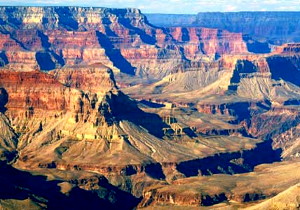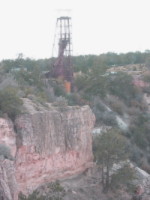
These goonies sure won't be doing anything to stop Ecuador's suffering.
Chevron is infallible. You did know that, right?
It is if you’re on the side of McCain fundraiser Wayne Berman, who
serves as one of Chevron’s top supporters in its ongoing lawsuit
for polluting Ecuador rainforests and the health of 30,000 residents
with 19 billion gallons of toxic wastewater, and 16.8 billion gallons of crude. Cancer and physical deformities were reported.
Otherwise, it’s never been that simple. But Chevron and its supporters
would like to think that it has been, saying they won’t “let little countries screw around with big companies like [us]”, according to one anonymous lobbyist in Newsweek.
Never mind that the mogul declined to tell shareholders about the entire
pollution issue until the court (unofficially) ruled this spring they owed between $8 and 16 billion.
Oh, and Ecuador can kiss its trade preferences goodbye, according to Newsweek, unless its government throws the case out. The article received confirmation of this request from a spokesman for U.S. Trade Rep. Susan Schwab.
As if we needed any more evidence that Big Government is just as guilty
as Big Business. Or any more evidence that McCain’s presidency will be a facsimile of Bush’s.
But, claims the article, there’s a ‘wild card’ in this equation.
Attorney Steven Donziger is aiding in D.C. efforts against Chevron.
Donziger happens to be a Harvard law school buddy of Obama’s,
and in 2006 met with the Senator to show him photos of Chevron’s
Ecuadorean damage, including pits and runoffs.
According to Donziger, Obama was “offended by” a large
multinational corporation “trying to get [this] country to cry uncle”
by “subvert[ing] the rule of law”.
Obama then vetted the case with VT Sen. Patrick Leahy,
a human rights vet, in Feb. 2006 writing then-U.S. Trade Rep. Rob Portman
to fight for the Ecuadoreans’ right to their case–without Big Oil’s intervention.
Chevron–and McCain’s ties–will learn they can’t manipulate their way out of trouble.
Meanwhile, Ecuadorean–and American–citizens will learn that this case’s wild card could be one lucky draw.
Join the ongoing Technorati discussions.



